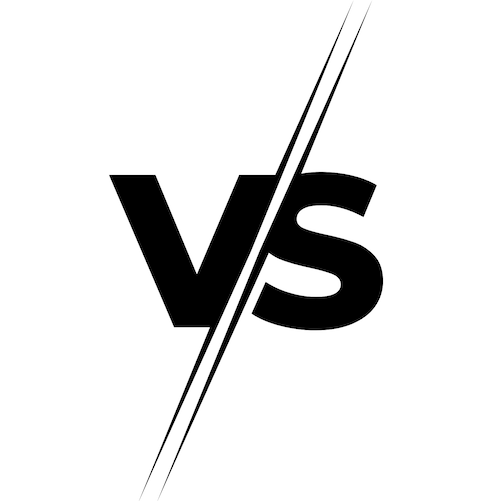How do I do Meaningful and Purposeful Work?
Gallup reported that many want to have meaningful and purposeful work. Have you been pondering about meaning and purpose at work in this season of your life?
If you are, I will like to invite you to stop, reflect and consider these three key questions:
What does meaningful or purposeful work mean to you?
Is it about finding work activities that motivate you?
Is it about connecting personal values to the work you are tasked to do?
Is it about connecting your work to a higher purpose (saving the earth, serving my country, living out my faith etc)?
Is it about building meaningful relationships at work?
Is it about doing work that meets the needs of the society and getting paid for it?
There are many variations of doing meaningful work and it is important that we know what meaningful and purposeful work mean to us.
2. How often do you do work on yourself?
Doing and Being are connected as closely as thinking and feeling. We can’t have one without the other. DOING meaningful work doesn’t happen without integrating with our BEING and Identity. Doing meaningful work (externally focused) is strongly tied to doing work on our Being (internally focused - examining our values, beliefs, mindset, attitudes, moods and emotions, strengths and weaknesses, blindspots etc). The two words “meaningful work” involve intentional and thoughtful work.
Behind our Being and Doing are a set of skills and habits that we acquired over the course of our lives. Examining these skills and habits regularly helps us to build stronger foundations and capacity to grow.
I will like to invite you to ponder the below questions.
Do you think about your thinking and how to improve the quality of your thinking?
Do you examine your habits and how they have enabled you to grow? Are you in need of building new habits to grow your capacity?
Do you examine your emotional habits and notice your mood patterns? How do your emotional habits empower or disempower you in doing purposeful, productive work or deeper relationships?
Do you actively get feedback and be curious about your strengths and areas that you can intentionally develop?
Do you learn about the way you learn to actively adapt in a volatile, uncertain, complex and ambiguous world?
Do you examine and test how your lifestyle and decisions are aligned with your value system?
3. How much do you invest in your own growth?
We spent money, time and energy in many areas - our family, physical health, financial health, romance, hobbies, career progression etc. How much do we invest in our own development and growth?
Think about this: Why do some people invest in themselves through
coaching;
therapy;
personal development and training programs;
spiritual retreats (just to name a few examples)?
Why do some people invest time, energy and money in developing themselves and some do not? Which category do you belong to and why? What do you think is the relationship between your own personal growth and all the other areas that you are investing resources in?
A Coaching Story:
In a particular coaching session which sparked this article, a client (let’s called him M) articulated that whenever he thinks about his career, he will unconsciously switched to a particular thinking pattern - that of considering risks, scenarios of possible failures and his level of competencies and skills.
I asked M: “how does this way of thinking serve or not serve you when you are pondering about your career?”
The response was interesting: “This way of thinking is prudent, down to earth and pragmatic and it helps me to be careful about my future choices. It also does not help me dream big.”
As M verbalized his thoughts, it dawned on him that this thinking pattern might not serve him in the area of dreaming about his future. He desired a new way of thinking to broaden his horizon of possibilities. He acknowledged that he needed to work on his thinking habits and build new ones to increase his capacity to dream.
I asked M: “what kind of thinking pattern or mindset have you used in the past to help you move ahead despite uncertainties?”
M: (Pause)….I can learn as I go along…and I have done this many times in the past. That has helped me overcome my fears in uncertainties. Perhaps I can explore my career by looking back at the different skill sets I have picked up successfully and what new skills I need to pick up. I don’t have to be restricted by the current set of skills I have when I explore a career path.
Ending note: I love how M shifted his perspective and the smile he had on his face as he discovered a new possibility in his thinking. Doing meaningful and purposeful work involves intentional and thoughtful work. Doing self-work is often the starting point in the whole process. When we get do work on our BEING, what we need to DO becomes much clearer.
Written by Victor Seet
Activator • Communication • Strategic • Self-Assurance • Command
As a Gallup and Newfield Certified Leadership Coach in Singapore, Victor is passionate about helping people be better observer of themselves to achieve the results they want, especially in the area of well-being and performance. Victor intentionally integrates the strengths-based and ontological approach into his leadership coaching and workshops.

